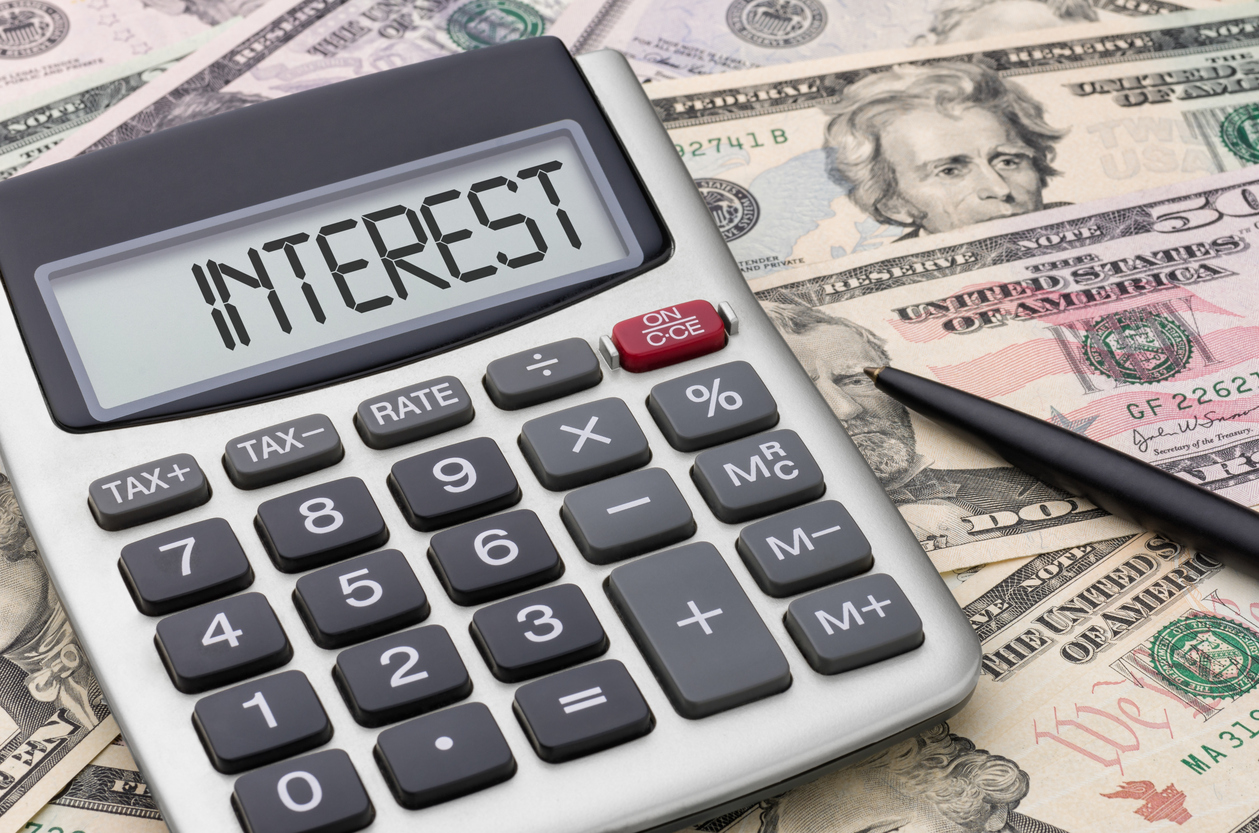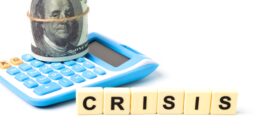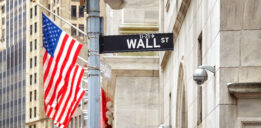Rising Interest Rates Could Create the Next Financial Crisis
The Federal Reserve is raising interest rates, and this shouldn’t be taken lightly. In fact, it could be the brewing ground for the next financial crisis.
First, let’s talk about the reasons for increasing the rates. You see, the Federal Reserve started to print money and dropped its benchmark interest rates to zero in order to boost the U.S. economy after the financial crisis of 2008-2009.
The intent was definitely good. Basic economics suggests that lower rates would boost the economy.
In 2015, the Fed decided that the U.S. economy was doing great, and it was time to raise rates.
Good intent this time around as well. Why? Because economic data suggested the U.S. economy was growing at decent pace and that inflation was starting to pick up. So something had to be done to control the economy from overheating.
In doing this, the Federal Reserve, with its statements, was very clear on how it would raise the rates and keep the market aligned with it. We didn’t have many unexpected moments in assets across the board. One could even say that there wasn’t much interest rate uncertainty.
Interest Rate Uncertainty Is Likely Ahead
Fast forward to now. We have an outright trade war in play between the U.S. and major economies. This could impact the U.S. economy and asset prices.
As this is happening, the U.S. economic data is making a turn for the worst and a few indicators are already suggesting that a recession could be nearing.
Despite all this, the Federal Reserve remains adamant that it will raise interest rates. According to the most recent projections from the Federal Open Market Committee (FOMC), the rates set by the Fed could be as high as 3.75%. (Source: “Economic projections of Federal Reserve Board members and Federal Reserve Bank presidents under their individual assessments of projected appropriate monetary policy, June 2018,” Board of Governors of the Federal Reserve System, June 13, 2018.)
All things considered, one has to wonder if we could have interest rate uncertainty ahead. Will investors and markets question if rates should go higher anymore?
If Interest Rate Uncertainty Becomes a “Thing,” Look Closely at Interest Rate Derivatives
If we see uncertainty in interest rates, it’s important that investors pay close attention to the derivatives market.
In the first quarter of 2018, the top banks in the U.S. had derivatives with a notional value of almost $155.5 trillion (not a misprint) that were based on interest rates. This amount increased by over $25.0 trillion from the fourth quarter of 2017. (Source: “Quarterly Report on Bank Trading and Derivatives Activities, First Quarter 2018,” Office of the Comptroller of the Currency, accessed June 26, 2018.)
Uncertainty about the rates could put this humongous value of derivatives on the line. Assuming just 10% of these derivatives get impacted, it would still be a massive amount; 10% of $155.46 trillion is $15.54 trillion. This amount is just around $2.0 trillion short of U.S. gross domestic product.
It’s important to understand that derivatives are essentially contracts between two parties. Should we see interest rates moving contrary to the expectations, it’s a real possibility that a major U.S. bank defaults on its derivatives. When this happens, a financial crisis will likely occur very quickly.
Remember, it was derivatives that took down banks like Lehman Brothers Holdings Inc. back in 2008.
Again, rising rates at this point shouldn’t be taken lightly. The higher the interest rates go as economic conditions deteriorate, the bigger the risk of a financial crisis.






